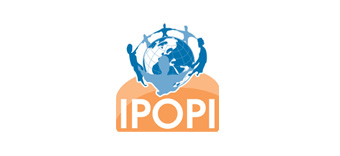December 15, 2023
APDS diagnosis as topic of the second IPOPI Hard Talk
IPOPI recently started a new series of digital events, called “IPOPI Hard Talks”. This engaging series is aimed at all relevant stakeholders with an interest in PID diagnosis and clinical management, including clinicians, nurses and patient group leaders. Featuring interactive discussions and a lively debate between expert speakers, “IPOPI Hard Talks” aims to address the more challenging topics in a stimulating fashion. The series also seeks to maximise outreach to key opinion leaders across different regions and increase expertise around key clinical care issues.
APDS Diagnosis
Building on a successful first edition of IPOPI Hard Talks on the crossover between PID and allergy, this time we delved into the crucial topic of Activated PI3K-Delta Syndrome (APDS) diagnosis. Having explored APDS management in a previous IPOPI clinical care webinar, our expert speakers now focused on diagnostic approaches and how these can be applied in diverse resource settings.
A first introduction to the topic was provided by Dr Jacques Rivière from the Vall d’Hebron Hospital and Research Institute in Barcelona, Spain. Throughout his all-encompassing and clear presentation, Dr Rivière used different levels ranging from “easy to diagnose”, to “very challenging to diagnose” depending on both patient characteristics and the availability and outcome of more advanced diagnostic tools.
During an engaging debate led by Prof Stephen Jolles from the University Hospital of Wales, United Kingdom, various clinical symptoms, and presentations were further highlighted as potential clues when neither genetics nor flow cytometry are available for diagnostic testing. Helpful tips for laboratory testing in resource-limited settings were discussed, as were the challenge of access to standardised functional testing for diagnosis and the need for regular re-evaluation of genetic patient information, amongst others.
We thank both speakers for this stimulating and highly educational discussion, which can be re-watched via IPOPI TV.
A special thanks to Pharming for making this webinar possible.

